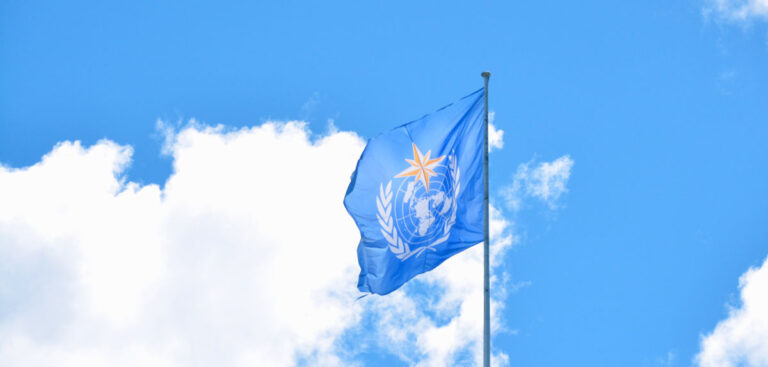The profile of water in the climate debate is the aim of uniting World Water Day and World Meteorological Day.
Water is affected by climate change, which in turn has an impact on sustainable development and security, but data on water resources are patchy and incomplete.
World Meteorological Day on March 23, following World Water Day on March 22, showcases the work of national meteorological and hydrological services to the safety and well-being of society.
Antonio Guterres, UN secretary general, said, “We need to manage climate and water in a more coordinated and sustainable manner to address the urgent need for improved forecasting, monitoring and management of water supplies and to tackle the problem of too much, too little, or too polluted water. We cannot manage what we do not measure. Improved hydrological monitoring and forecasting are vital to underpin effective water management policies and flood and drought early-warning services.”
Petteri Taalas, secretary general of the World Meteorological Organization (WMO), said, “Changes in the global distribution of rainfall are having a major impact in many countries. Sea levels are rising at an increasing pace, driven by melting of the largest glaciers, like in Greenland and Antarctica. This is exposing coastal areas and islands to a greater risk of flooding and the submersion of low-lying areas.”
Over two billion people live in countries experiencing high water stress, and four billion severe scarcity for at least a month every year.
Many rivers and freshwater bodies are transboundary, with decisions by one country affecting others, making water a potential source of conflict.
A much greater proportion of annual precipitation falls in extreme events rather than spread out more evenly throughout the year, increasing the risk of flash floods.
The WMO has eight long-term ambitions for water, making sure no one is surprised by a flood; everyone is prepared for drought; hydro-climate and meteorological data supports the food agenda; high-quality data supports science; science provides a sound basis for hydrology; knowledge of water resources; sustainable development; and the water quality is known.



